We caught up with the brilliant and insightful Tony J Rivas a few weeks ago and have shared our conversation below.
Tony J, thanks for joining us, excited to have you contributing your stories and insights. Can you talk to us about a project that’s meant a lot to you?
WHERE THE FUCK ARE YOUR TEETH?, my most recent film, is the most meaningful project I have directed. While everything I have created carries special memories, this film was borne out of impossibility. The scope seemed daunting when I wrote it, and the period of my life when I made it was particularly tumultuous. But rather than hindering the film, these conditions fueled its mania.
I wrote WHERE THE FUCK ARE YOUR TEETH? around the same time that I wrote my previous film, Scraps, and have always considered the two as situated in the same conversation. This makes it difficult to talk about one without referencing the other. After deliberating which film to shoot first, I decided to go with Scraps because I knew the second one would require considerable resources and preparation. The delay also gave me plenty of time to contemplate the latter’s aesthetic direction.
In a way, both films fundamentally oppose one another: Scraps is a mystery founded on limited camera movement with a muted color palette and very rigorous progression. WHERE THE FUCK ARE YOUR TEETH? is a bombastic, unhinged horror / comedy / musical hybrid that features lots of handheld cinematography. Narratively, the film is about the fallout that ensues after a pathetic man discovers that his wife is cheating on him with a local dentist, who harbors a particularly violent fetish. I encourage everyone to check it out on tonyjrivas.com and rivasxreza.com, as well as YouTube and Vimeo when it’s released in 2025.
Originally, I envisioned another actor for the primary role. After reading the script, my co-producer Sharon Reza suggested that I play the role instead. Consequently, WHERE THE FUCK ARE YOUR TEETH? is the first film that featured me in front of and behind the camera. While difficult, acting and directing at the same time gave me more room to play and explore than I would have expected. Watching it now, I feel like making this film forced me to evolve as an artist and has cued me in to infinite possibilities.
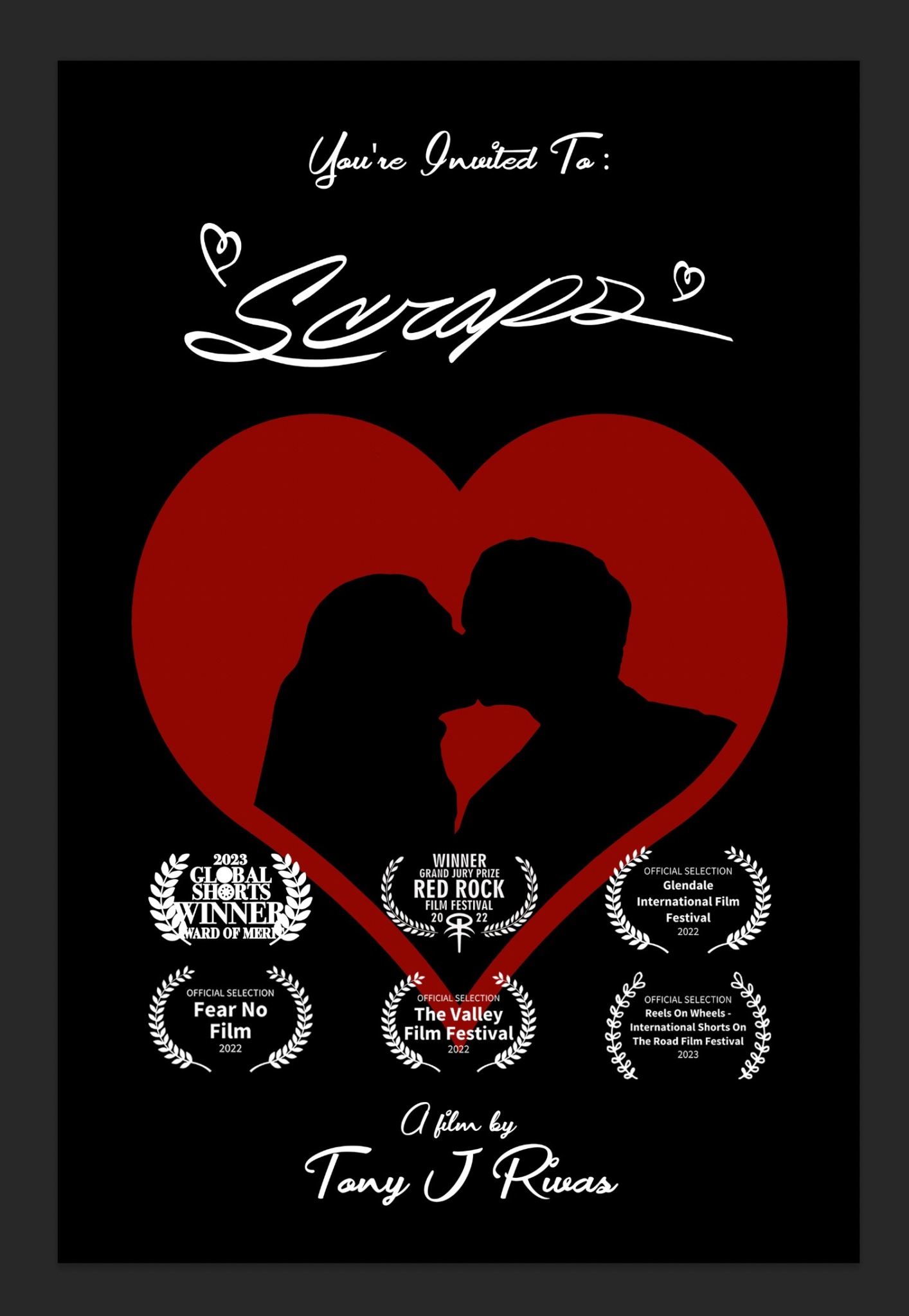
Tony J, love having you share your insights with us. Before we ask you more questions, maybe you can take a moment to introduce yourself to our readers who might have missed our earlier conversations?
I should preface this with saying that I always knew I wanted to be a writer. The question was: what medium should I write for? On the other hand, my foray into the film industry began as a child actor. Back then, it was just work. It wasn’t until some of my film studies classes in college that I realized how intertwined writing and filmmaking are. That realization led to the desire to write and direct my own films.
In addition to writing, I am an avid reader. I love history, theory, philosophy, poetry, and the occasional work of fiction. I am a firm believer that crafting the type of art I strive to make is dependent on situating oneself within the broader context of thinkers and artists who have preceded us, and I draw from this creative well whenever I endeavor to make something.
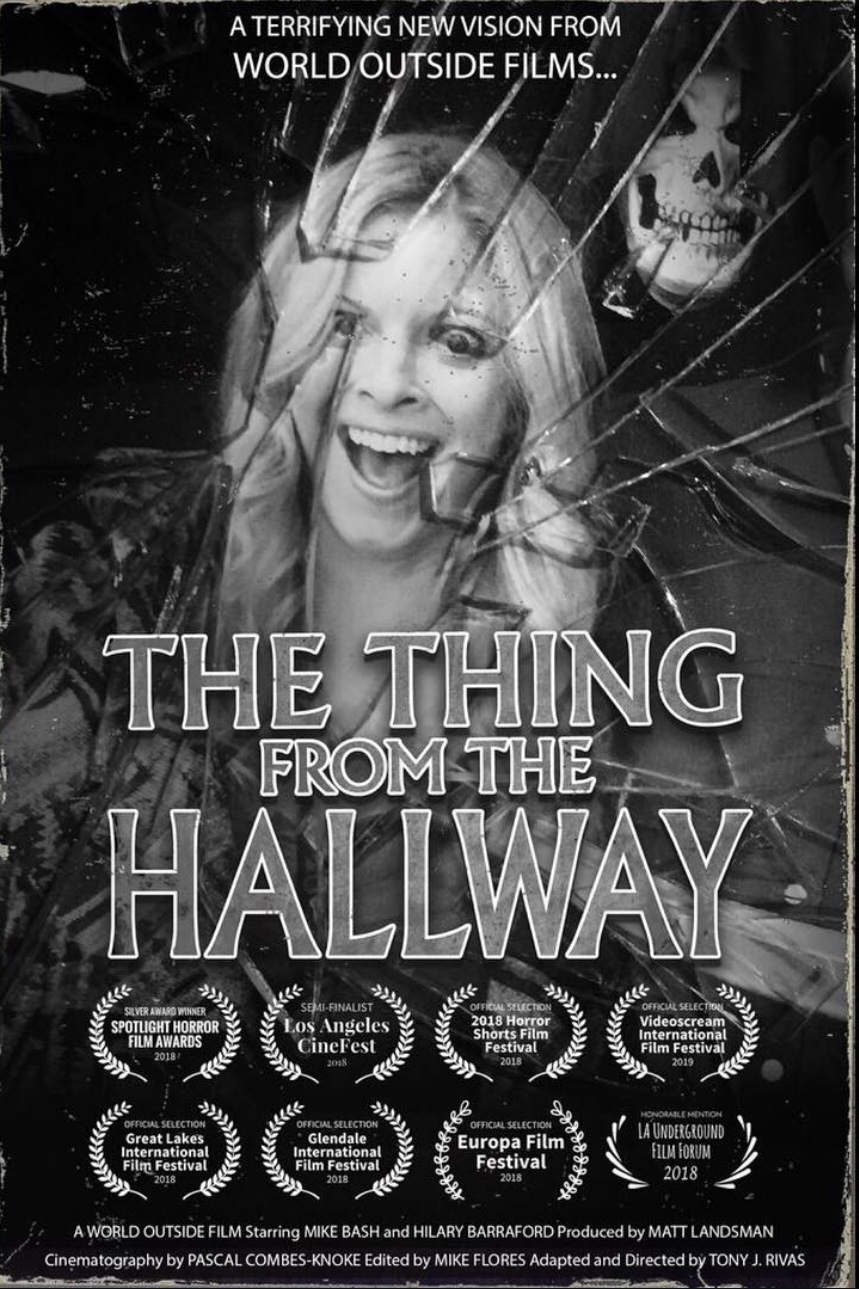
Is there mission driving your creative journey?
Have you ever been next to a stranger and a song comes on and you find that you both know the words? I’ve experienced a similar feeling when someone really resonates with my films. What makes me happy in this scenario doesn’t stem from my own validation; rather, seeing people connect with whatever disparate thinking I’ve put out into the ether gives me hope that humanity can eventually come together despite our perceived differences. In that regard, there’s a demonstrably populist component to my filmmaking that keeps me going.
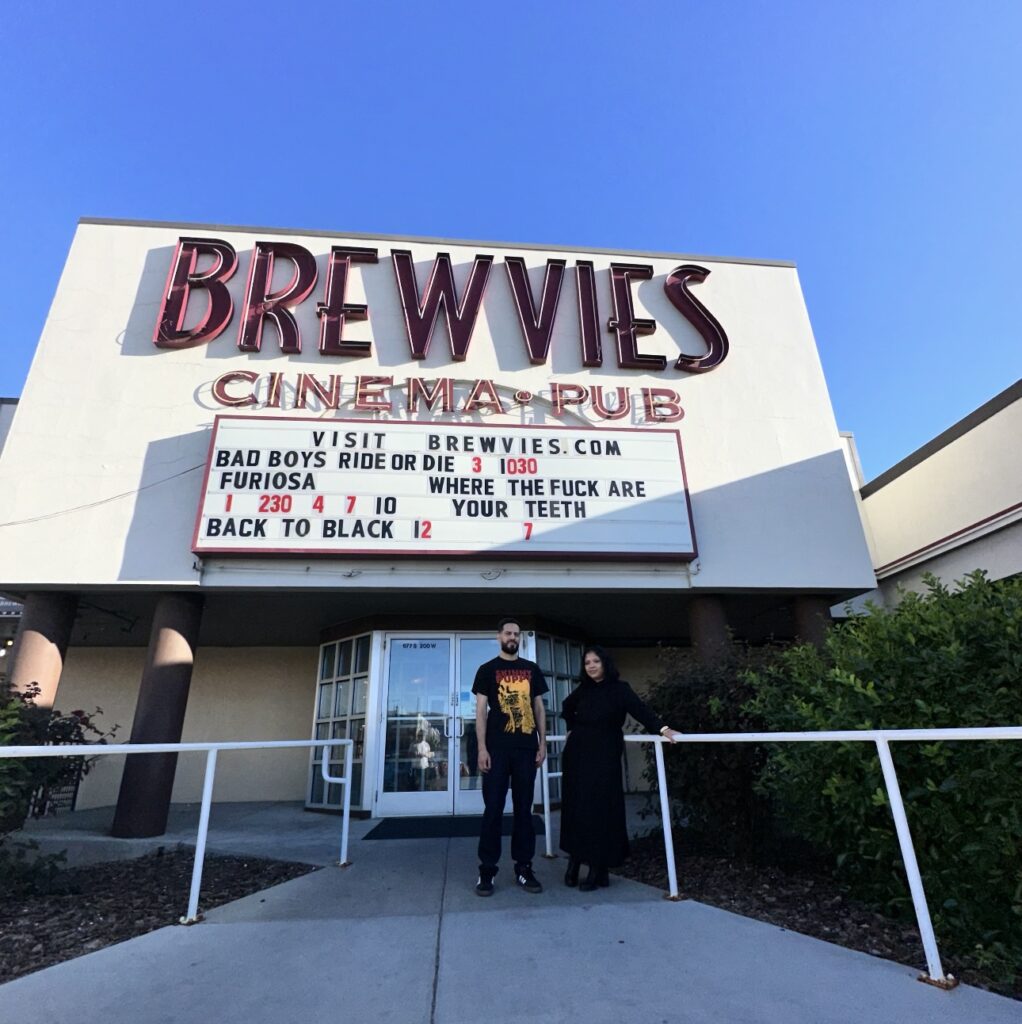
How can we best help foster a strong, supportive environment for artists and creatives?
For me, the answer is split between society as a political force and the individual as a political force within society. For society, the answer is to encourage policies that will prioritize the arts. For the individual, the answer is money and space. While the latter ultimately applies to all mediums, it is especially true of filmmaking—which is why I refer to it as the golf of the arts. Because every artist is different, creating something requires an indeterminate amount of time. During these times, money tends to melt into air. Since the artistic process shouldn’t be exclusive to the wealthy, access to funding, grants, and spaces that specifically cater to artists inarguably makes all the difference.
Contact Info:
- Website: https://www.tonyjrivas.com
- Instagram: https://www.instagram.com/cynesthete/
- Linkedin: https://www.linkedin.com/in/tonyjrivas
- Youtube: https://www.youtube.com/@tonyjrivas
- Soundcloud: https://www.youtube.com/@tonyjrivas
- Other: https://www.rivasxreza.com
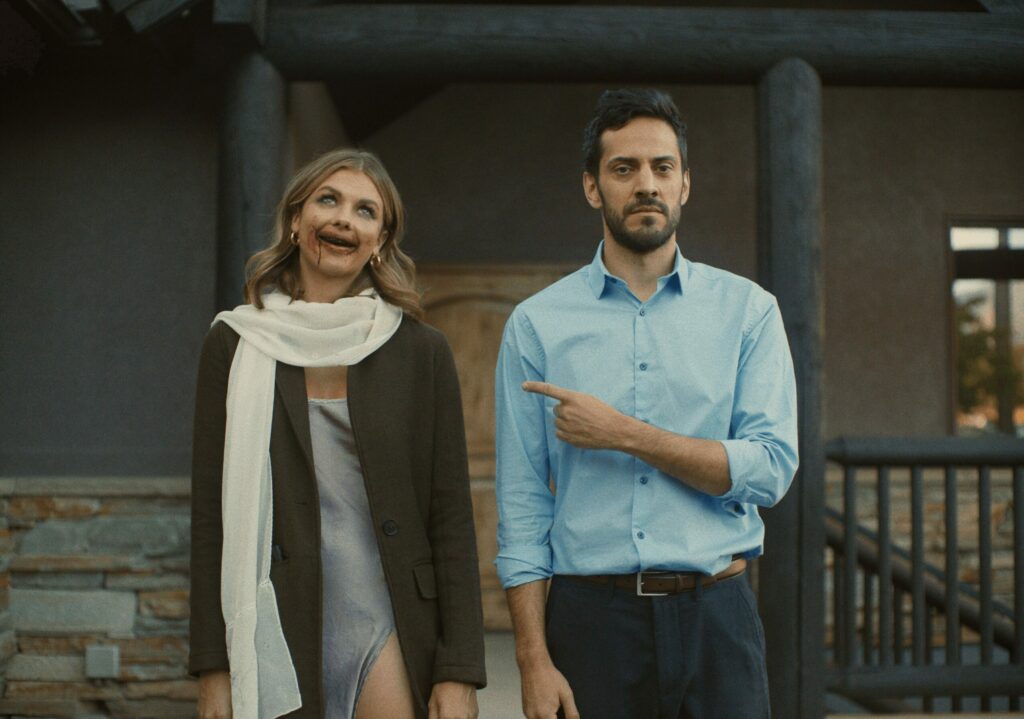
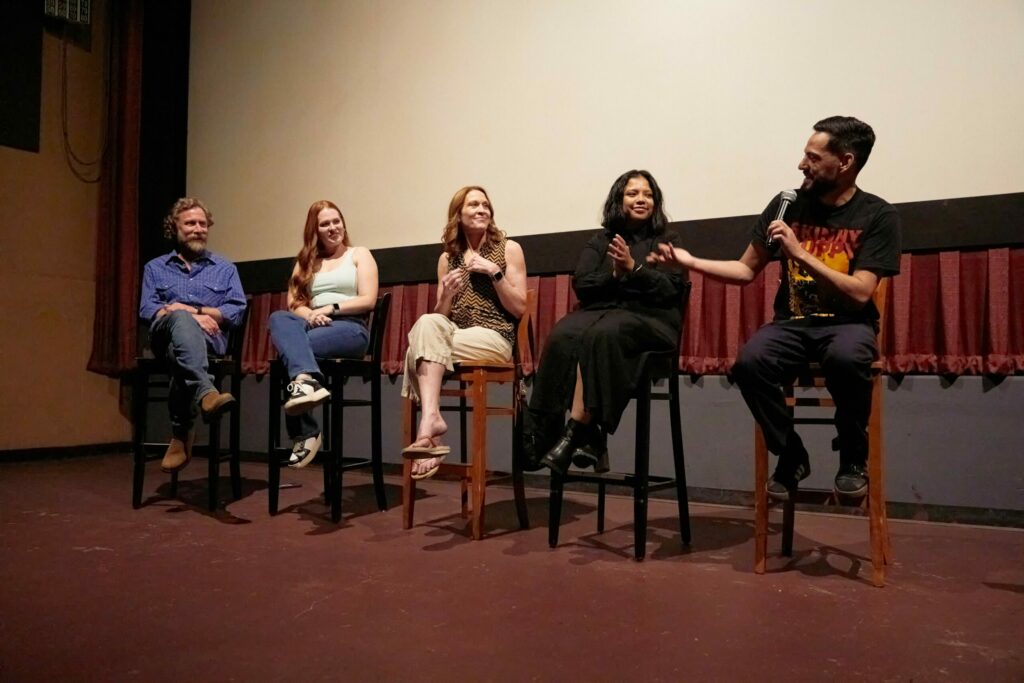
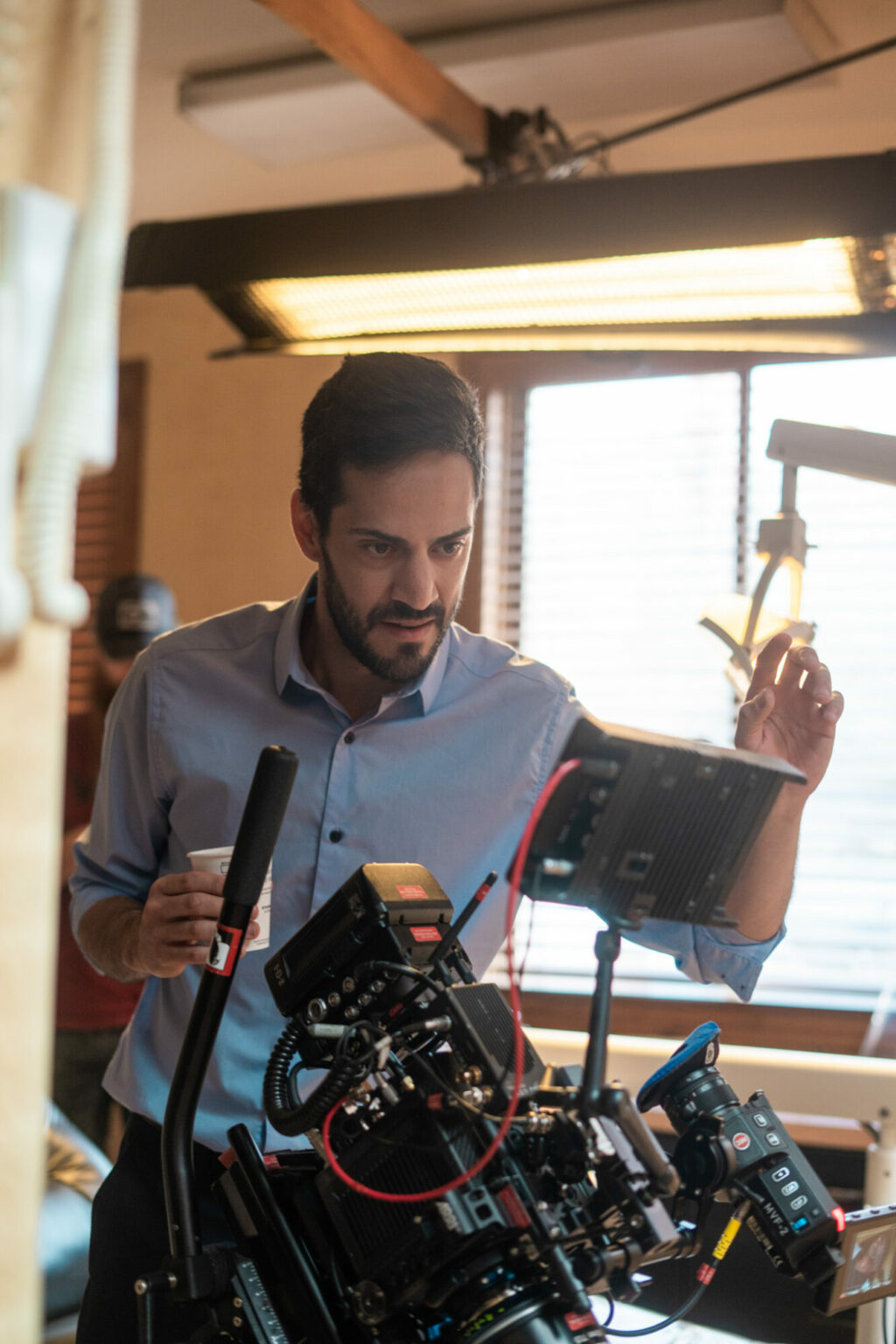
Image Credits
Sharon Reza, Andreas Petker, Brandon Sullivan, Sofia Guadarrama


